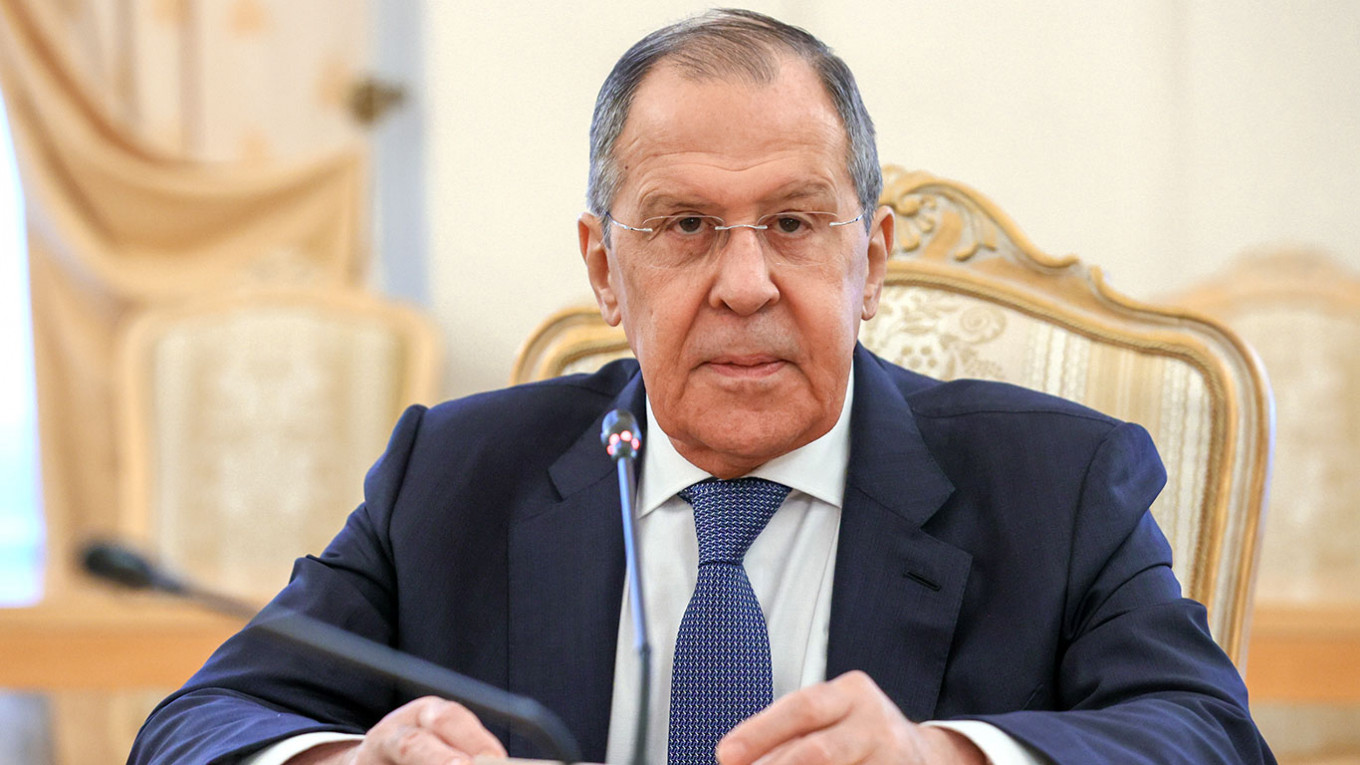Amidst escalating tensions on the global stage, Russia’s Foreign Minister Sergei Lavrov has sounded a resounding alarm about the potential risks of a nuclear conflict, emphasizing the necessity of a continuous reminder to the West. Lavrov’s stern message underscores the current geopolitical climate, where Russia’s nuclear arsenal has become a central point of contention following its incursion into Ukraine. This revelation comes as part of a growing pattern of Russian officials emphasizing their nation’s nuclear capabilities, reflecting a posture of military escalation since the invasion of Ukraine last year.
Russia’s Nuclear Deterrence Strategy Takes Center Stage
Lavrov’s recent comments serve as the latest in a series of declarations by Russian officials regarding their nation’s nuclear armament. As Moscow’s rhetoric of military escalation gains momentum, the emphasis on nuclear capabilities has assumed a prominent position. Lavrov highlighted that the possession of nuclear weapons stands as Russia’s sole defense against external threats to its security. This strategic perspective underscores Moscow’s stance that the possession of such weaponry serves as a critical deterrent, safeguarding Russia’s interests on the global stage.
The West’s Dire Warning: A Direct Confrontation of Nuclear Powers
In his interview with the state-owned magazine, The International Affairs, Lavrov presented a stark warning to the United States and NATO members. He emphasized the alarming possibility of a direct armed confrontation between nuclear powers, portraying the severity of the situation at hand. Lavrov voiced concerns that such a scenario should be prevented at all costs. To mitigate the risks, he called for a continuous reminder of the high military and political stakes involved, urging the delivery of sobering signals to adversaries to prevent any perilous escalation.
Allies and Adversaries Respond Amidst Heightened Concerns
Amid Lavrov’s dire warning, reactions from key players in the international arena have varied. US President Joe Biden acknowledged the genuine threat of Russia resorting to tactical nuclear weapons. Meanwhile, NATO’s stance remained consistent, with Chief Jens Stoltenberg asserting no detected changes in Russia’s nuclear posture. Belarusian President Alexander Lukashenko, a close ally of Russian President Vladimir Putin, also weighed in on the debate, affirming his intention to use Russia-deployed nuclear weapons in the event of external aggression.
In a world gripped by heightened tensions and geopolitical uncertainties, Lavrov’s stark warning resonates as a sobering reminder of the potential catastrophic consequences of a nuclear conflict. As Russia’s rhetoric of military escalation intensifies, the emphasis on nuclear capabilities underscores Moscow’s steadfast posture. As global stakeholders navigate this precarious landscape, the specter of nuclear confrontation remains a haunting reality that demands the utmost attention and caution.















